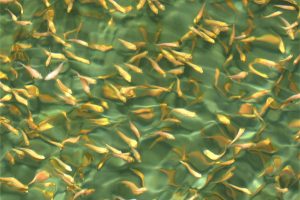
Dietary supplementation of freeze- and oven-dried biofloc in red tilapia hybrid fingerlings
Inclusion of freeze-dried biofloc at a low rate can help support efficient growth performance while oven-dried biofloc helps manage water quality.
Australia-based Ridley won an environmental award for its fish-free prawn diet, which offers a sustainable, high-performing shrimp feed.

Inclusion of freeze-dried biofloc at a low rate can help support efficient growth performance while oven-dried biofloc helps manage water quality.
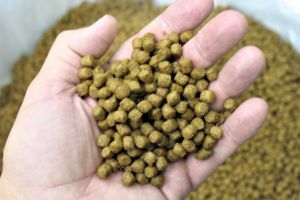
University of Stirling researchers say fed aquaculture efficiently utilizes traditional marine feed ingredients, refuting a recent published study.
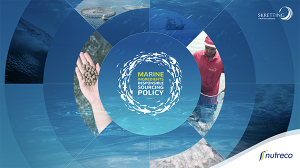
Nutreco and Skretting have released a new policy for responsibly sourcing marine feed ingredients for its global operations.
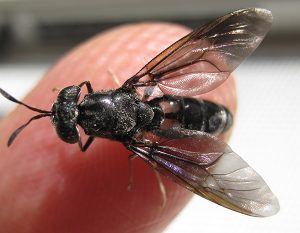
Study from Malaysia shows that the nutritional profiles of black soldier fly larvae meals can vary, depending on the processing methods used.

Assembled by F3, the Future of Fish Feed, biotech entrepreneurs gave updates on the scale-up and adoption processes for novel aquafeed ingredients.

BioMar, a global leader in sustainable aquaculture feeds, is scaling up the inclusion of microalgae into its raw material portfolio.
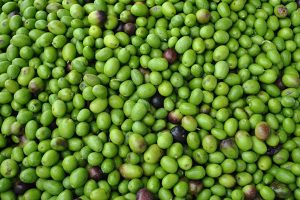
Study from Malaysia evaluates the inclusion of olive oil byproducts in aquafeeds and their potential for expanded utilization.
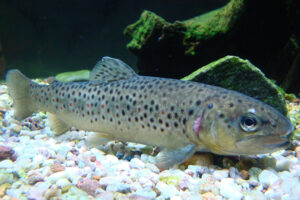
Live foods and insect meal-based diets can be effective feed ingredients for larval sea trout with good results on growth and survival.
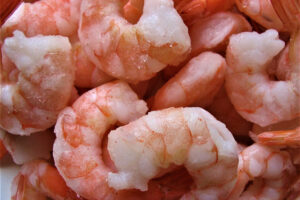
Dietary supplementation of lutein shows similar growth performance, antioxidant capacity, immunity of whiteleg shrimp compared to astaxanthin.
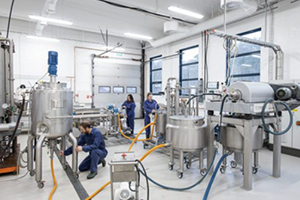
A Nofima study has identified key feed components for ballan wrasse, a sea lice cleaner fish important to Norway's salmon industry.
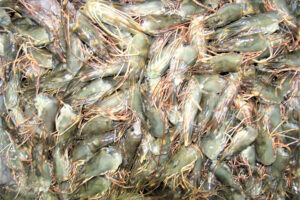
Philippines study finds shrimp processing waste can be turned into nutritious powdered ingredients for soups or seasonings.
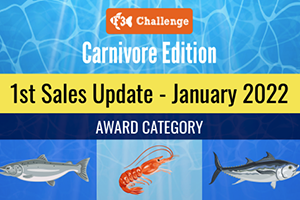
The F3 Challenge–Carnivore Edition field has sold more than 3,000 metric tons of fish-free feed for aquaculture at the first reporting mark.
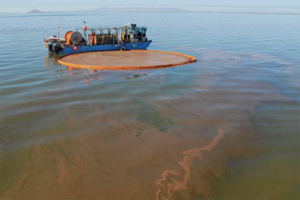
Experts in artemia research are planning to launch an International Artemia Aquaculture Consortium later in 2022.
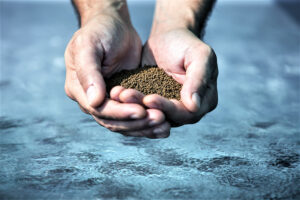
Authors discuss issues with using polymerase chain reaction (PCR) for pathogen detection regarding the biosecurity of formulated aquafeeds.

U.S.-based agribusiness Scoular’s new concentrated barley protein production facility in Idaho aims to supply aquafeed manufacturers.